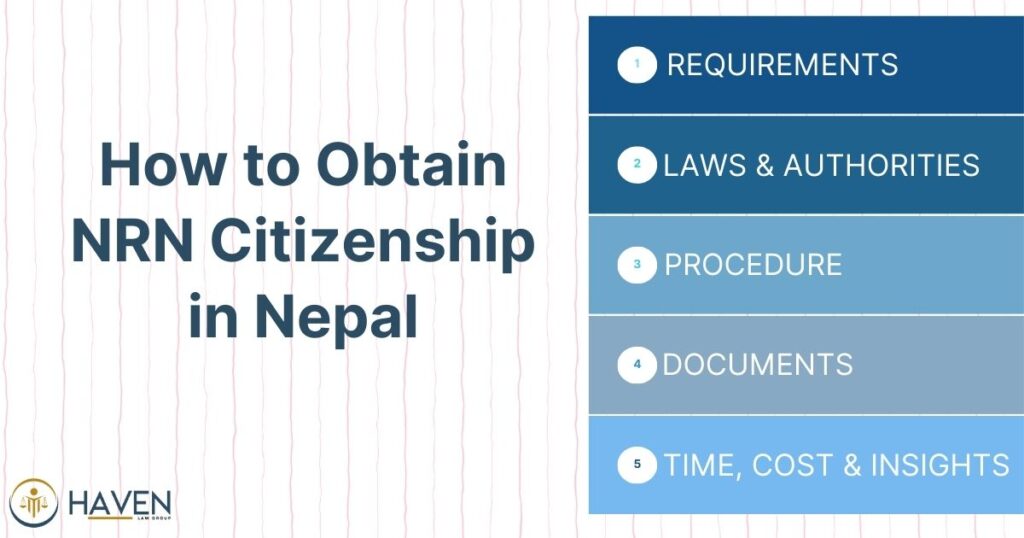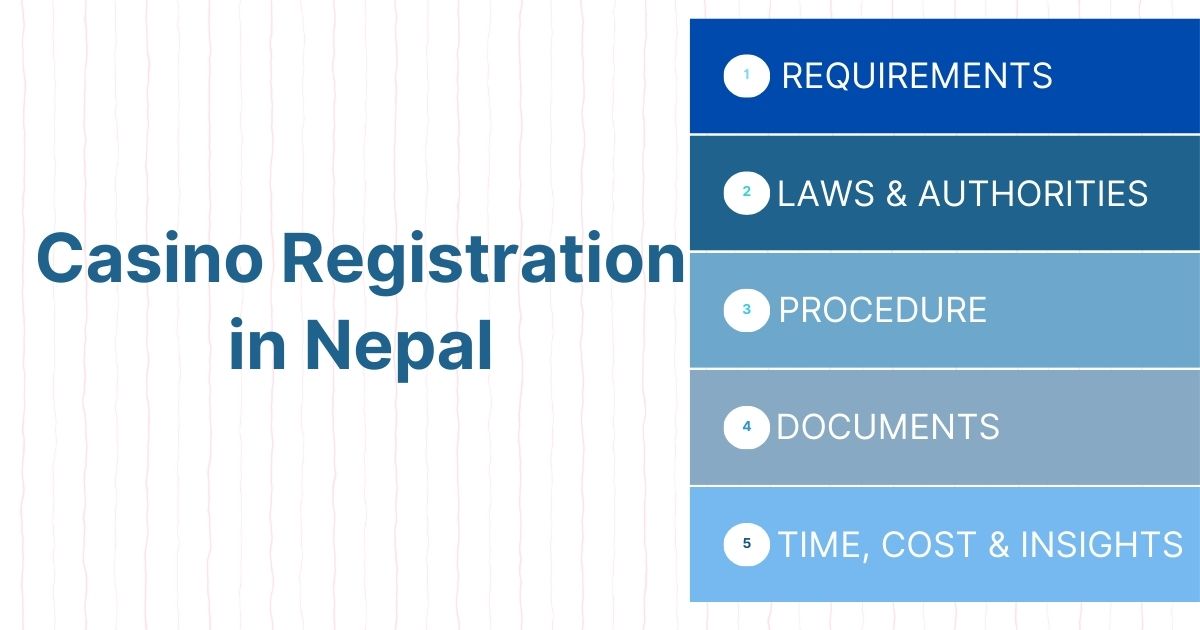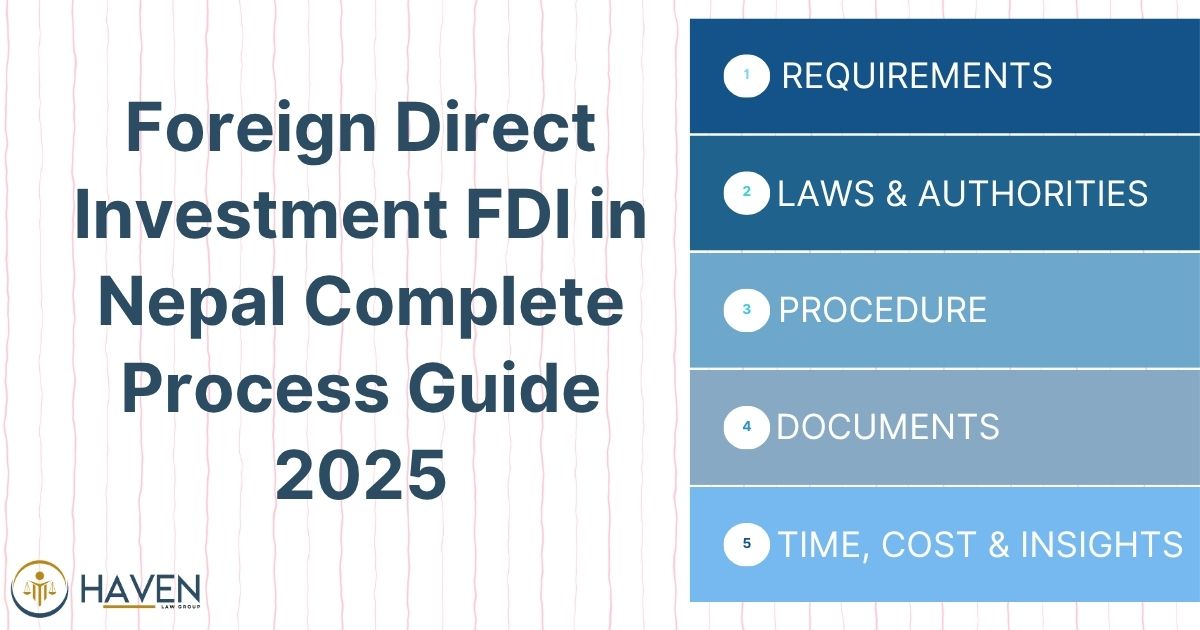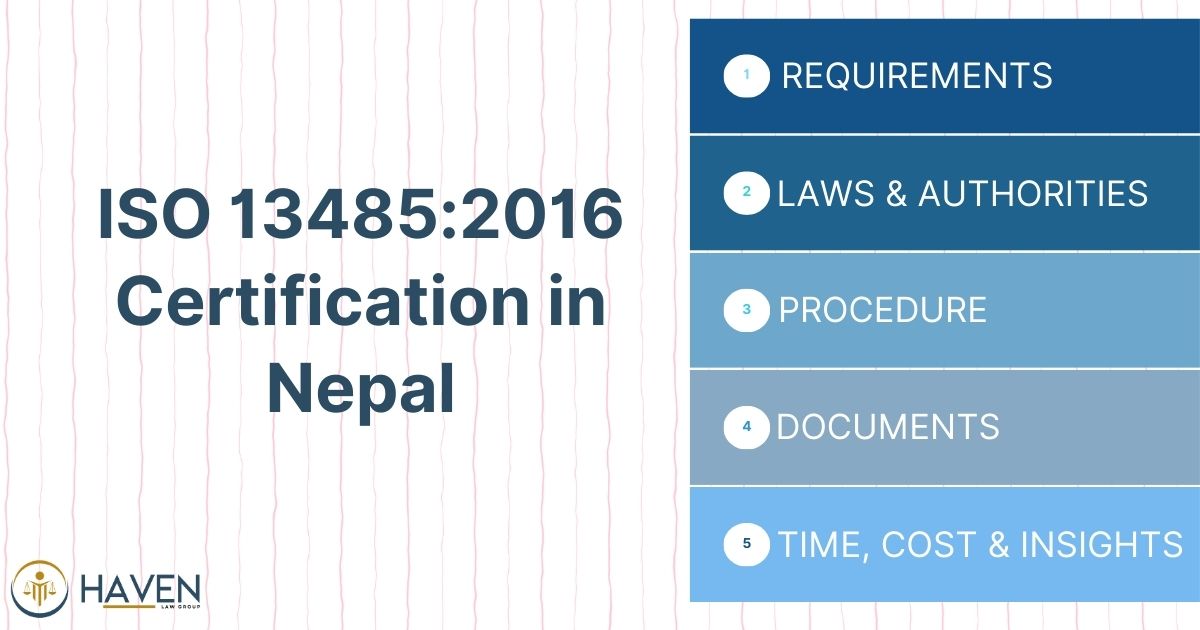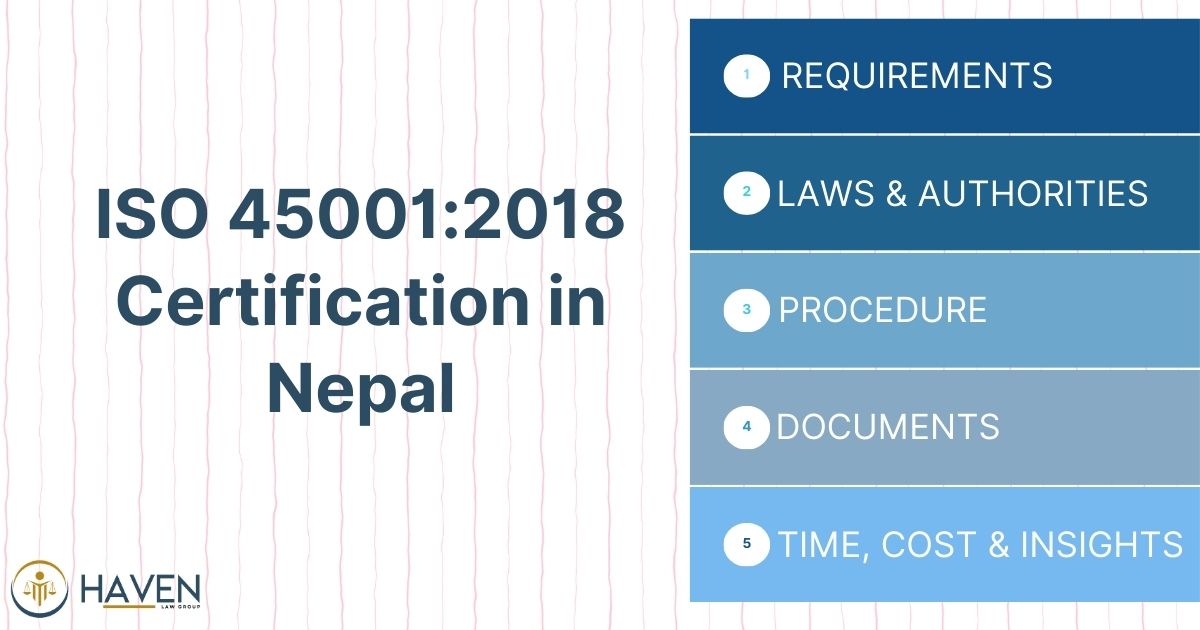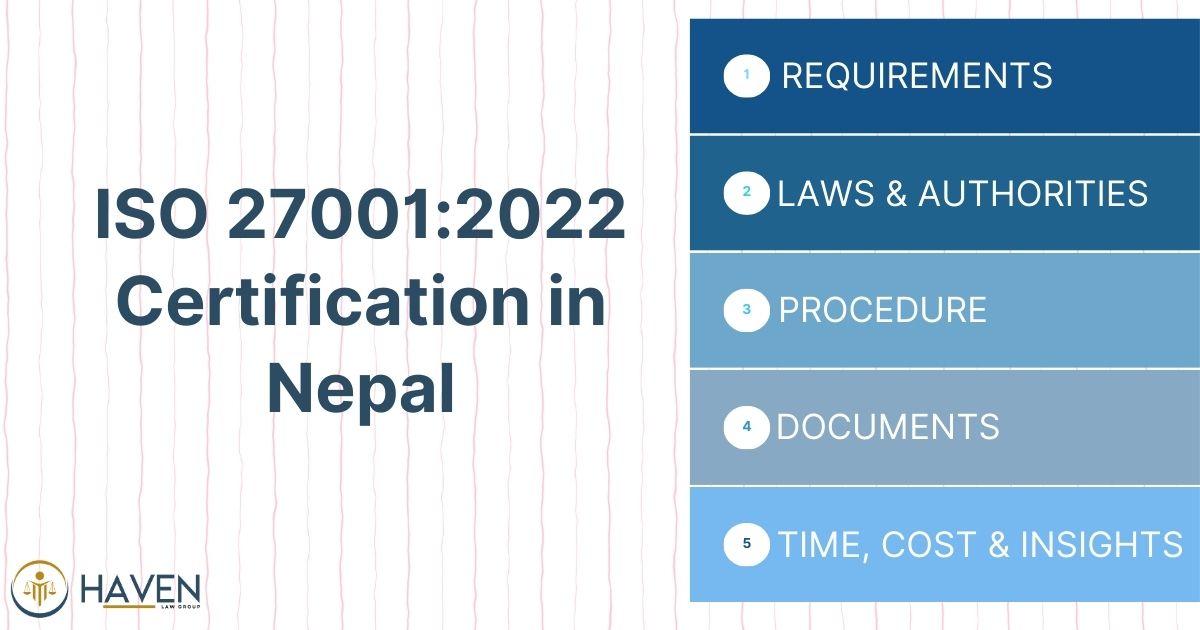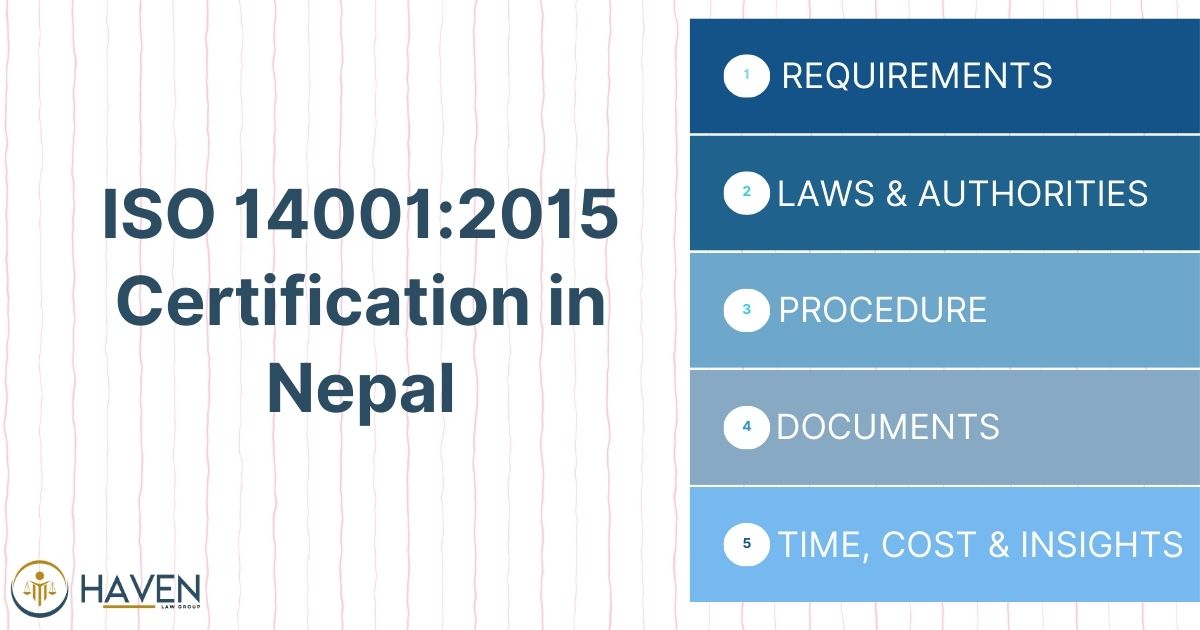What is NRN citizenship in Nepal?
Non-Resident Nepali NRN citizenship is a special category of citizenship granted to individuals of Nepali origin who have acquired foreign citizenship. The Nepal Citizenship Act, 2063 (2006) and its subsequent amendments provide the legal framework for NRN citizenship. This status allows former Nepali citizens to maintain a connection with their homeland while residing abroad.
NRN citizenship offers various benefits, including the right to own property, engage in business activities, and participate in certain aspects of Nepali society. The concept of NRN citizenship aims to foster ties between Nepal and its diaspora, encouraging investment and cultural exchange. It is essential to note that NRN citizenship is distinct from dual citizenship, which is not currently recognized in Nepal.
Who is eligible for NRN citizenship?
Eligibility for NRN citizenship in Nepal is determined by specific criteria outlined in the Nepal Citizenship Act and related regulations. The following individuals may qualify for NRN citizenship:
- Former Nepali citizens who have acquired foreign citizenship
- Persons of Nepali origin born outside Nepal to parents who were Nepali citizens at the time of their birth
- Individuals who can trace their ancestry to Nepal and have cultural, linguistic, or historical ties to the country
Applicants must provide evidence of their Nepali origin and current foreign citizenship. The Nepal Citizenship Act stipulates that individuals must have resided in a foreign country for a minimum period, typically two years, before applying for NRN status.
Additionally, applicants must not have been convicted of any criminal offenses that would disqualify them from obtaining citizenship. It is crucial to note that eligibility requirements may be subject to change, and applicants should consult the most recent regulations before initiating the application process.
What documents are required for NRN citizenship?
To apply for NRN citizenship in Nepal, applicants must submit a comprehensive set of documents to support their eligibility. The required documents typically include:
- Completed NRN citizenship application form
- Valid passport of the current country of citizenship
- Proof of former Nepali citizenship (if applicable)
- Birth certificate or other evidence of Nepali origin
- Marriage certificate (if applicable)
- Proof of residence in a foreign country
- Police clearance certificate from the country of residence
- Passport-sized photographs
- Notarized affidavit declaring intent to obtain NRN citizenship
- Documents proving ancestral ties to Nepal (for those born outside Nepal)
- Renunciation certificate of former Nepali citizenship (if applicable)
It is essential to note that all documents must be properly authenticated and translated into Nepali or English if they are in another language. The Ministry of Foreign Affairs or the Nepali embassy in the applicant’s country of residence may require additional documentation or verification. Applicants should ensure that all submitted documents are current and comply with the latest requirements set by the Nepali government.
How to apply for NRN citizenship in Nepal?
The process of applying for NRN citizenship in Nepal involves several steps:
- Obtain the NRN citizenship application form from the Ministry of Foreign Affairs or a Nepali diplomatic mission abroad
- Complete the application form accurately and attach all required documents
- Submit the application to the nearest Nepali embassy or consulate in your country of residence
- Pay the prescribed application fee
- Attend an interview with embassy officials, if required
- Provide additional documentation or clarification, if requested
- Wait for the application to be processed and forwarded to the Ministry of Home Affairs in Nepal
- Receive notification of the decision on your application
- If approved, collect your NRN citizenship certificate from the embassy or consulate
Applicants should be prepared for potential delays in the process and may need to follow up with the relevant authorities periodically. It is advisable to maintain copies of all submitted documents and correspondence related to the application. In some cases, applicants may be required to travel to Nepal to complete certain steps of the process or to collect their NRN citizenship certificate in person.
Can dual citizenship be obtained under NRN status?
Dual citizenship is not currently recognized in Nepal, and NRN status does not confer dual citizenship. The Nepal Citizenship Act explicitly prohibits Nepali citizens from holding citizenship of another country simultaneously. NRN citizenship is a distinct legal status that allows individuals to maintain certain rights and connections to Nepal while retaining their foreign citizenship.
It is important to understand that NRN citizenship does not grant the full range of rights and privileges associated with regular Nepali citizenship. NRN status is designed to provide a middle ground for individuals of Nepali origin who have acquired foreign citizenship but wish to maintain ties with Nepal. While there have been discussions about the possibility of introducing dual citizenship in Nepal, no concrete steps have been taken to implement such a policy as of now.
Are there fees for NRN citizenship applications?
Yes, there are fees associated with applying for NRN citizenship in Nepal. The fee structure is set by the Nepali government and may be subject to change. Typically, the fees include:
- Application processing fee
- Citizenship certificate issuance fee
- Document verification fee (if applicable)
- Translation and authentication fees (if required)
The exact amount of fees may vary depending on the applicant’s country of residence and the specific services required. Fees are usually payable in the local currency of the country where the application is submitted or in US dollars. It is advisable to check with the nearest Nepali embassy or consulate for the most up-to-date fee schedule. Applicants should be prepared to pay these fees at the time of submission and obtain official receipts for all payments made. In some cases, additional fees may be charged for expedited processing or special services.
How long does it take to process NRN citizenship?
The processing time for NRN citizenship applications can vary significantly depending on various factors. Typically, the process may take anywhere from several months to a year or more. Factors that can influence the processing time include:
- Completeness and accuracy of the submitted application
- Volume of applications being processed
- Complexity of the individual case
- Verification procedures required for submitted documents
- Responsiveness of the applicant to requests for additional information
- Administrative efficiency of the relevant government departments
Applicants should be prepared for a potentially lengthy process and avoid making firm plans based on an expected completion date. The Ministry of Foreign Affairs and the Ministry of Home Affairs are involved in the processing of NRN citizenship applications, which can contribute to the overall timeline. It is advisable to follow up periodically with the embassy or consulate where the application was submitted to check on its status. In some cases, expedited processing may be available for an additional fee, but this is not guaranteed and may depend on individual circumstances.
Can NRN citizenship be revoked?
Yes, NRN citizenship can be revoked under certain circumstances. The Nepal Citizenship Act and related regulations provide grounds for the revocation of NRN status. Some reasons for revocation may include:
- Providing false information or fraudulent documents during the application process
- Engaging in activities deemed harmful to Nepal’s national interests
- Conviction of serious criminal offenses
- Violation of the terms and conditions associated with NRN status
- Acquisition of citizenship in a country with which Nepal does not maintain diplomatic relations
- Voluntary renunciation of NRN status by the individual
The process of revoking NRN citizenship typically involves an investigation by the relevant authorities and may require a formal hearing. Individuals facing potential revocation of their NRN status have the right to present their case and appeal the decision through appropriate legal channels. It is important for NRN citizenship holders to be aware of their rights and responsibilities to avoid actions that could lead to revocation of their status.
Are family members eligible for NRN citizenship?
Family members of NRN citizenship holders may be eligible for NRN status under certain conditions. The eligibility of family members is generally determined on a case-by-case basis and may depend on factors such as:
- Relationship to the primary NRN citizenship holder
- Age of the family member
- Citizenship status of the family member
- Nepali origin or ancestry of the family member
Typically, spouses of NRN citizenship holders may be eligible to apply for NRN status if they meet the necessary criteria. Minor children of NRN citizenship holders may also be eligible, provided they can demonstrate Nepali origin or ancestry. Adult children may need to apply independently based on their own eligibility. It is important to note that family members must go through the application process individually and meet the requirements set forth by the Nepali government. The specific rules regarding family member eligibility may be subject to change, and applicants should consult the most recent regulations or seek advice from the relevant authorities.
Can NRN citizenship holders work in Nepal?
NRN citizenship holders have certain rights and privileges regarding employment in Nepal. While they are not subject to the same restrictions as foreign nationals, there are some considerations:
- NRN citizenship holders can work in Nepal without requiring a separate work permit
- They can engage in business activities and invest in various sectors of the Nepali economy
- Certain professions may have specific requirements or restrictions for NRN citizenship holders
- NRN citizenship holders may need to obtain additional licenses or certifications for regulated professions
- Employment in government services or positions requiring Nepali citizenship may be restricted
It is important for NRN citizenship holders to familiarize themselves with the specific regulations governing their desired field of work in Nepal. While NRN status provides greater flexibility in terms of employment compared to foreign nationals, it does not grant all the rights and privileges of full Nepali citizenship. NRN citizenship holders should consult with relevant authorities or legal experts to ensure compliance with all applicable laws and regulations regarding employment in Nepal.
Are NRN citizenship holders entitled to property ownership?
NRN citizenship holders have significant rights regarding property ownership in Nepal. The Nepal Citizenship Act and related regulations grant NRN citizenship holders the following property rights:
- Right to purchase, own, and sell land and property in Nepal
- Ability to inherit property from Nepali citizens
- Right to transfer property to eligible individuals
- Entitlement to own residential and commercial properties
However, there are some limitations and considerations:
- Certain types of land, such as protected areas or land with strategic importance, may have restrictions on ownership
- NRN citizenship holders may be subject to specific regulations regarding the size and location of land they can own
- Property transactions involving NRN citizenship holders may require additional documentation or approvals
- Taxation policies for property owned by NRN citizenship holders may differ from those for regular Nepali citizens
It is advisable for NRN citizenship holders to consult with legal experts or real estate professionals familiar with the specific regulations governing property ownership for NRNs in Nepal. This ensures compliance with all relevant laws and helps avoid potential legal complications in property transactions.
Can NRNs vote in Nepali elections?
The voting rights of NRN citizenship holders in Nepali elections are limited compared to those of regular Nepali citizens. Currently, NRN citizenship holders do not have the right to vote in national elections in Nepal. The Nepali Constitution and electoral laws restrict voting rights to citizens residing within the country. However, there have been ongoing discussions and debates about potentially extending voting rights to NRNs in the future. Some key points regarding NRNs and voting rights include:
- NRN citizenship holders cannot participate in national or local elections as voters
- They are not eligible to run for elected offices in Nepal
- NRNs can participate in other forms of civic engagement and advocacy
- Some political parties and organizations have advocated for granting voting rights to NRNs
- Any changes to voting rights for NRNs would require amendments to the Constitution and electoral laws
While NRN citizenship holders cannot vote in Nepali elections, they can still contribute to the country’s political discourse through other means, such as participating in diaspora organizations, engaging in cultural exchanges, and supporting development initiatives in Nepal.
FAQs
Is NRN status lifetime?
NRN status is generally granted for life, but it can be revoked under certain circumstances. NRN citizenship holders must comply with the terms and conditions associated with their status to maintain it. Periodic renewal of NRN identity cards may be required, but the status itself does not typically expire.
Are minors eligible?
Minors may be eligible for NRN citizenship if they meet the necessary criteria. Generally, minor children of NRN citizenship holders or those who can demonstrate Nepali origin or ancestry may qualify. The application process for minors often requires the consent and involvement of their parents or legal guardians.
Can applications be online?
Currently, the NRN citizenship application process is not fully online. While some information and forms may be available on government websites, applicants typically need to submit physical documents to the nearest Nepali embassy or consulate. However, efforts are being made to digitize various government services, and the application process may become more online-oriented in the future.
Are ID cards mandatory?
NRN citizenship holders are typically issued identity cards as proof of their status. These ID cards are generally mandatory and serve as official identification for various purposes in Nepal. NRN citizenship holders should carry their ID cards when visiting Nepal or engaging in activities related to their NRN status.
Can rejection be appealed?
If an NRN citizenship application is rejected, the applicant generally has the right to appeal the decision. The appeal process typically involves submitting a formal request for reconsideration to the relevant authorities, along with any additional supporting documents or explanations. The specific procedures for appealing a rejection may vary, and applicants should consult with the embassy or consulate where they submitted their application for guidance on the appeal process.

